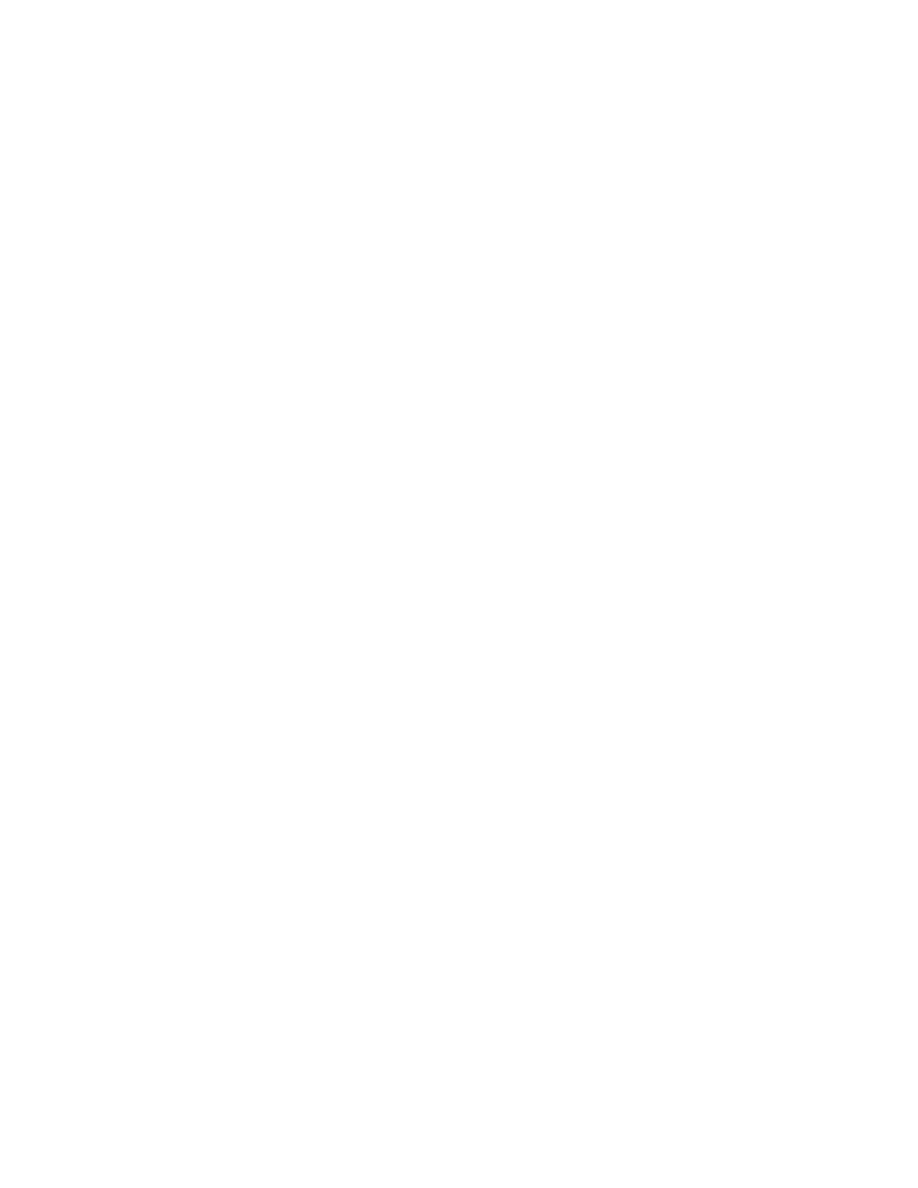
716
14 CFR Ch. I (1–1–19 Edition)
§ 91.107
(2) The crewmember would be unable
to perform required duties with the
shoulder harness fastened.
[Doc. No. 18334, 54 FR 34294, Aug. 18, 1989, as
amended by Amdt. 91–231, 57 FR 42671, Sept.
15, 1992]
§ 91.107
Use of safety belts, shoulder
harnesses, and child restraint sys-
tems.
(a) Unless otherwise authorized by
the Administrator—
(1) No pilot may take off a U.S.-reg-
istered civil aircraft (except a free bal-
loon that incorporates a basket or gon-
dola, or an airship type certificated be-
fore November 2, 1987) unless the pilot
in command of that aircraft ensures
that each person on board is briefed on
how to fasten and unfasten that per-
son’s safety belt and, if installed,
shoulder harness.
(2) No pilot may cause to be moved
on the surface, take off, or land a U.S.-
registered civil aircraft (except a free
balloon that incorporates a basket or
gondola, or an airship type certificated
before November 2, 1987) unless the
pilot in command of that aircraft en-
sures that each person on board has
been notified to fasten his or her safety
belt and, if installed, his or her shoul-
der harness.
(3) Except as provided in this para-
graph, each person on board a U.S.-reg-
istered civil aircraft (except a free bal-
loon that incorporates a basket or gon-
dola or an airship type certificated be-
fore November 2, 1987) must occupy an
approved seat or berth with a safety
belt and, if installed, shoulder harness,
properly secured about him or her dur-
ing movement on the surface, takeoff,
and landing. For seaplane and float
equipped rotorcraft operations during
movement on the surface, the person
pushing off the seaplane or rotorcraft
from the dock and the person mooring
the seaplane or rotorcraft at the dock
are excepted from the preceding seat-
ing and safety belt requirements. Not-
withstanding the preceding require-
ments of this paragraph, a person may:
(i) Be held by an adult who is occu-
pying an approved seat or berth, pro-
vided that the person being held has
not reached his or her second birthday
and does not occupy or use any re-
straining device;
(ii) Use the floor of the aircraft as a
seat, provided that the person is on
board for the purpose of engaging in
sport parachuting; or
(iii) Notwithstanding any other re-
quirement of this chapter, occupy an
approved child restraint system fur-
nished by the operator or one of the
persons described in paragraph
(a)(3)(iii)(A) of this section provided
that:
(A) The child is accompanied by a
parent, guardian, or attendant des-
ignated by the child’s parent or guard-
ian to attend to the safety of the child
during the flight;
(B) Except as provided in paragraph
(a)(3)(iii)(B)(
4
) of this action, the ap-
proved child restraint system bears one
or more labels as follows:
(
1
) Seats manufactured to U.S. stand-
ards between January 1, 1981, and Feb-
ruary 25, 1985, must bear the label:
‘‘This child restraint system conforms
to all applicable Federal motor vehicle
safety standards’’;
(
2
) Seats manufactured to U.S. stand-
ards on or after February 26, 1985, must
bear two labels:
(
i
) ‘‘This child restraint system con-
forms to all applicable Federal motor
vehicle safety standards’’; and
(
ii
) ‘‘THIS RESTRAINT IS CER-
TIFIED FOR USE IN MOTOR VEHI-
CLES AND AIRCRAFT’’ in red let-
tering;
(
3
) Seats that do not qualify under
paragraphs (a)(3)(iii)(B)(
1
) and
(a)(3)(iii)(B)(
2
) of this section must
bear a label or markings showing:
(
ii
) That the seat was manufactured
under the standards of the United Na-
tions;
(
iii
) That the seat or child restraint
device furnished by the operator was
approved by the FAA through Type
Certificate or Supplemental Type Cer-
tificate; or
(
iv
) That the seat or child restraint
device furnished by the operator, or
one of the persons described in para-
graph (a)(3)(iii)(A) of this section, was
approved by the FAA in accordance
with § 21.8(d) of this chapter or Tech-
nical Standard Order C–100b or a later
version. The child restraint device
manufactured by AmSafe, Inc.
(CARES, Part No. 4082) and approved
by the FAA in accordance with
VerDate Sep<11>2014
16:30 Jun 25, 2019
Jkt 247047
PO 00000
Frm 00726
Fmt 8010
Sfmt 8010
Q:\14\14V2.TXT
PC31
kpayne on VMOFRWIN702 with $$_JOB